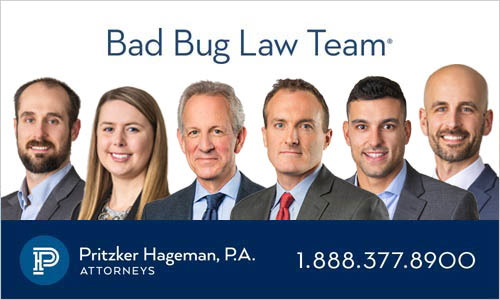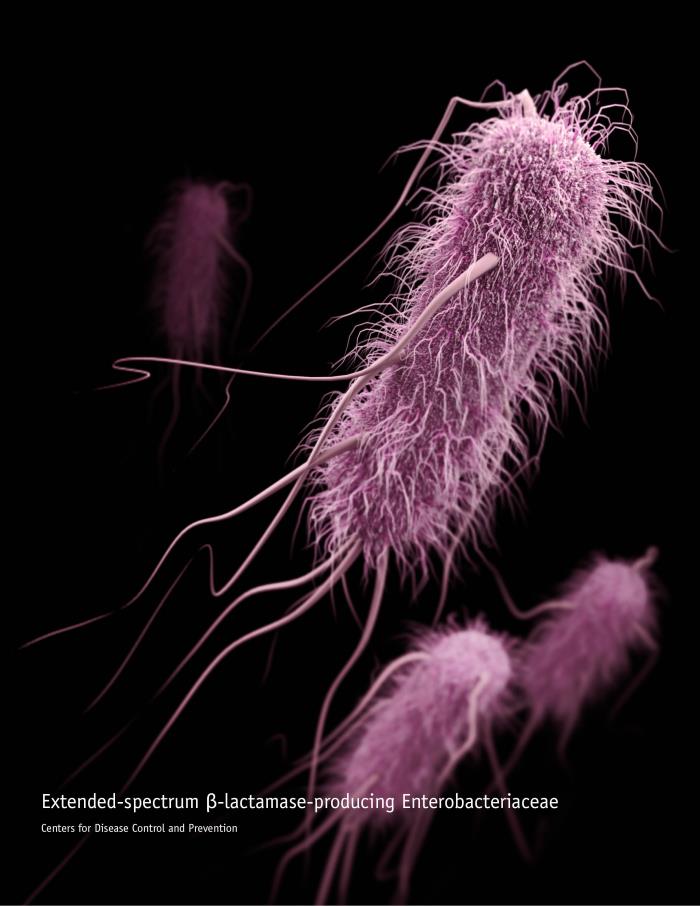If a child develops hemolytic uremic syndrome (HUS) from E. coli food poisoning, the child’s parents have the legal right to seek compensation on behalf of the child from the companies responsible. This is important because these children develop kidney failure, which can lead to seizures, stroke, heart failure, blindness and central nervous system damage. Even in “mild” cases, children with HUS are at risk of future kidney problems and may need kidney transplants.
I want a free consultation with a lawyer
Children can get sick by eating food contaminated with E. coli bacteria (in most cases E. coli O157:H7). Our E. coli-HUS lawyers have handled cases involving tainted hamburgers, steak, lettuce, spinach, strawberries, water, sprouts and other products.
“One bite of a hamburger or other food product contaminated with E. coli bacteria can cause severe illness,” said Fred Pritzker, one of our lead lawyers for these cases. “Our law firm is one of the few in the nation that takes on big companies on behalf of children sickened by food. These lawsuits provide needed financial help for parents and hold wrongdoers accountable. Parents with questions can call me at 1-888-377-8900 for a free consultation.”
Attorney Fred Pritzker and his team help children and their families get compensation from restaurants, food processors, retailers, daycare centers and others. Compensation can include amounts for hospital and other medical expenses, physical pain, emotional distress, disability and other damages. Parents can also seek compensation for lost wages.

The Connection Between E. coli and HUS in Children
HUS develops when E. coli bacteria lodged in the digestive tract make toxins (called Shiga toxins). These toxins destroy red blood cells in the kidney, which causes kidney failure.
What are E. coli Shiga toxins?
Most cases of HUS (90%) are caused by food or water contaminated with E. coli O157:H7, a particularly dangerous strain of the bacteria.

The Centers for Disease Control and Prevention (CDC) urges health professionals to get a culture for E. coli O157 from all children who present with symptoms of either E. coli or HUS. If E. coli O157 is found in the culture, the CDC recommends avoiding treatment with antibiotics. In several E. coli outbreaks, children who received antibiotics had a higher risk of developing HUS.
If your child has a positive E. coli culture, it is critical that further testing is done to determine if the E. coli involved is E. coli O157:H7 and to get a genetic fingerprint of the E. coli O157:H7 serotype to match it to other cases around the country. Your child’s legal rights to compensation are dependent on the correct tests being done. Please contact our law firm if you have any questions about E. coli testing.
The following are common symptoms of E. coli poisoning:
- Bloody diarrhea
- Severely painful cramps
- Fever (sometimes)
HUS kidney failure symptoms include the following:
- Low or no urine output
- Pale skin and easy bruising
- Skin rash (fine red spots)
- Jaundice (yellowing skin)
- Decreased consciousness and seizures
HUS generally occurs around the eighth day after the initial E. coli-related diarrhea; however, we have had clients who developed HUS in less time.
Fred and his Bad Bug Law Team have won cases against food companies, restaurants, distributors, schools, retail (grocery) stores and others. You can click here now to contact Fred and his team and get your free consultation.